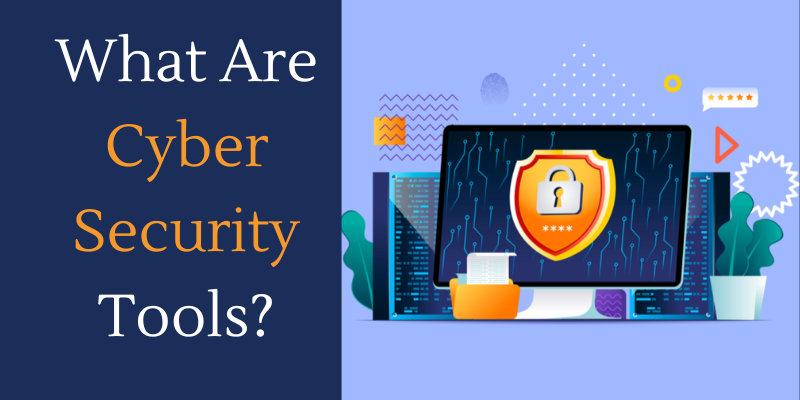
What Are Cyber Security Tools?
We must protect our IT infrastructure. Every organisation must take cybersecurity extremely seriously. There have been numerous hacking attacks on corporations of all sizes. Hackers, malware, and viruses are some of the real security dangers in the virtual world. Every organisation must be aware of the dangers of security breaches and take the appropriate precautions to protect itself. Many various facets of cyber defence may need to be taken into account. In this blog, we have discussed cybersecurity tools, to know more about cybersecurity, join Cyber Security Course In Chennai at FITA Academy. Every organisation should consider four critical technologies and services to provide the best possible cybersecurity. These are as follows:
1)Firewall
As we all know, the firewall is the heart of security technologies and one of the most critical. Its job is to keep unauthorised people from accessing or leaving a private network. It can be realised as hardware, software, or a hybrid of the two. Firewalls prohibit unauthorised Internet users from accessing private networks linked to the Internet. All messages entering and exiting the intranet are routed through the firewall. The firewall examines each message, and those that do not fit the set security standards are blocked.
2)Antivirus Software
Antivirus software is a programme that prevents, detects, and removes viruses and other malware from individual computers, networks, and IT systems. It also safeguards our systems and networks against threats and infections, including Trojan horses, worms, keyloggers, browser hijackers, rootkits, spyware, botnets, adware, and ransomware. Most antivirus programmes include an auto-update capability allowing the system to regularly check for new infections and threats. It also offers additional services like checking emails for harmful attachments and web URLs.
3)PKI Services
PKI is an abbreviation for Public Key Infrastructure. This utility facilitates the sharing and identification of public encryption keys. It enables users and computer systems to securely communicate data over the Internet while verifying the other party’s identity. We can also send sensitive information without PKI, but the other party’s authenticity is not guaranteed.
PKI is commonly associated with SSL or TLS. It is the technology that encrypts server connection and is responsible for HTTPS and the padlock that we see in the address bar of our browser. PKI solves various cybersecurity issues and should be included in an organisation’s security suite.
4)Managed Detection And Response Services
Cybercriminals and hackers today utilise more sophisticated strategies and tools to break organisation security. As a result, increasingly powerful forms of cybersecurity defences are required for all enterprises. MDR is a high-level security service that offers threat detection, threat intelligence, security monitoring, incident analysis, and incident response. It is a service created in response to the need for organisations (with limited resources) to be more aware of hazards and increase their ability to detect and respond to threats. MDR also employs Artificial Intelligence and machine learning to conduct investigations, detect hazards automatically, and orchestrate responses for faster results.
Thus, some cyber security tools are firewalls, antivirus software, PKI services and managed detection and response services. To know more about cyber security services, join Cyber Security Online Course.
